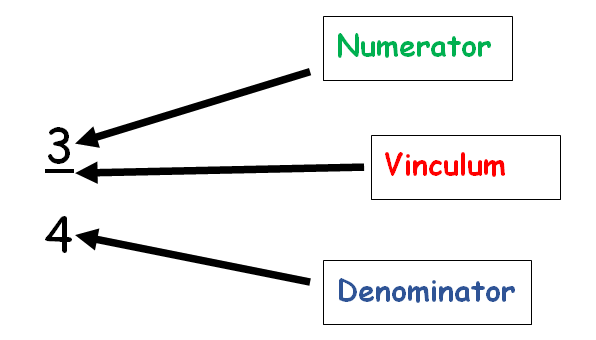Last time we discussed how learning Mathematics in school can cause anxiety in children. It is a very common issue.
Many times I have had this conversation with parents in Parent/Teacher consultations over the years. Parents/guardians should understand that it is a completely normal thing for a child to have anxiety in terms of their ability to achieve in Mathematics but it can feel like you are the only people experiencing this problem.
That said a lot of parents remember having trouble at school with Mathematics and conversely if you found Mathematics easy it can be challenging to empathise with difficulties. I have spoken with people who are natural Mathematicians and they cannot comprehend how everyone else doesn’t sees the logic in Maths.
As someone who has taught Maths for many years I have to say don’t agree with this viewpoint and it isn’t easy for everyone to follow.
So with this in mind let’s move onto some more practical suggestions. Today we are going to focus on Mathematical vocabulary.
1) Mathematical vocabulary
Technical vocabulary:
Do you know what a vinculum is? Sounds like something that needs to be extracted in a rather unpleasant operation doesn’t it? And while we are on the subject of operations do you know which operation you need to find a fraction of an amount?
So like me you probably haven’t heard of a vinculum – (obviously I have now and FYI it’s the line between the numerator and denominator in a fraction)
e.g:

I hope this gives you an idea of the level of vocabulary that children have to process and use on a daily/weekly basis. It’s worth looking at your school’s curriculum map, they will have one online and a quick Google search of vocabulary related to that unit will help you and your child to know what is coming in terms of technical vocabulary. Do be careful with this, the expectation in Year 1 is obviously going to different to year 6 but in all year groups there will be technical vocabulary for each topic and each year you will find new words being added. (It is also true that this will often work in phases rather than Year groups; by this I mean Years 1 and 2 – Key Stage 1; then Lower Key Stage 2 – Years 3 and 4 and lastly Upper Key Stage 2 – Years 5 and 6).
Now going back to our fraction a good way to remember the name of each part is to think that the Denominator sounds a little like a demon and of course they all live down below in the naughty place, whilst our Numerator lives above the vinculum in heaven! Acting this out makes it memorable – works for some – not everyone.
Operational vocabulary:
I already referred to this in the previous section discussing which operation is needed to find a fraction of an amount(to clarify you divide by the denominator and multiply by the numerator), before we go any furtherthis is the part of the Maths curriculum where so many children hit a wall and find things difficult. This is where the moments of angst can occur during that homework task where a child doesn’t know how to answer a question because they can’t/don’t identify the operational vocabulary required to answer a question.
Here is a problem:

What is going hold child back when reading this question?
I can tell you that a large part of this is going to be vocabulary (as well deciding how many parts there are in the question but even deciding how many operations you need to do will be decided by identifying the key vocabulary)
Your child needs to be able to high light the keywords in the sentence. Let’s high light the keywords in this sentence:

Remember I’m just looking at the words here – I’ll discuss the numbers later when I look at breaking down how many parts there are to a problem in the next article
There are 3 words and one phrase that they must understand to be able to complete this problem. Now in a test they could face nearly 24 question like this. It becomes exhausting if they aren’t practiced at picking out the key words and knowing what they mean.
We could have gone further, the words offer, buy, price and cost all demand differing levels of technical knowledge that are also fundamental to answering this question.
I hope this gives you an insight into how important it is to understand vocabulary.
I’m hoping to start uploading vocabulary for topics and problem solving soon and I will also be back with the value of mistakes and identifying how many steps are needed to answer a problem.
